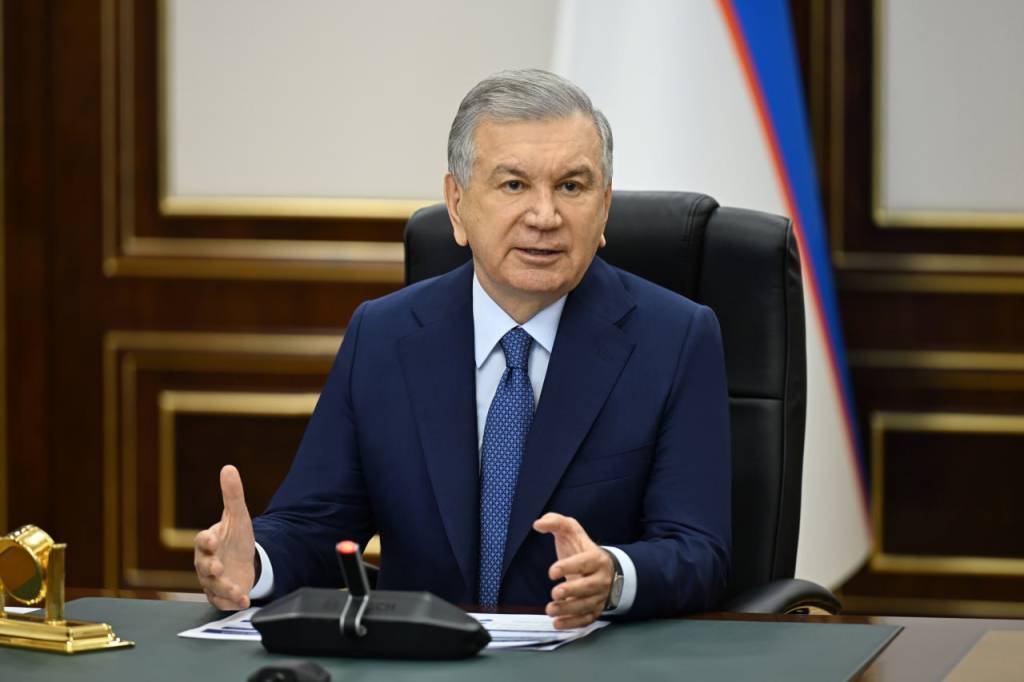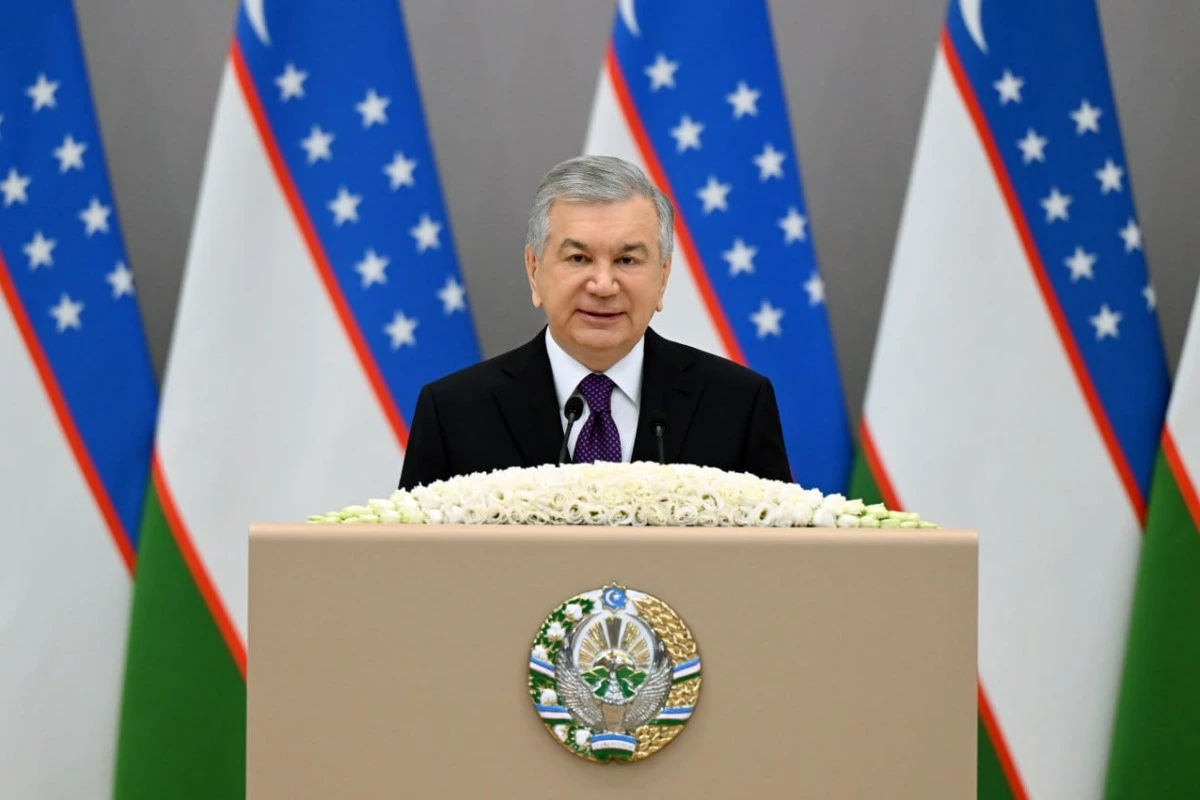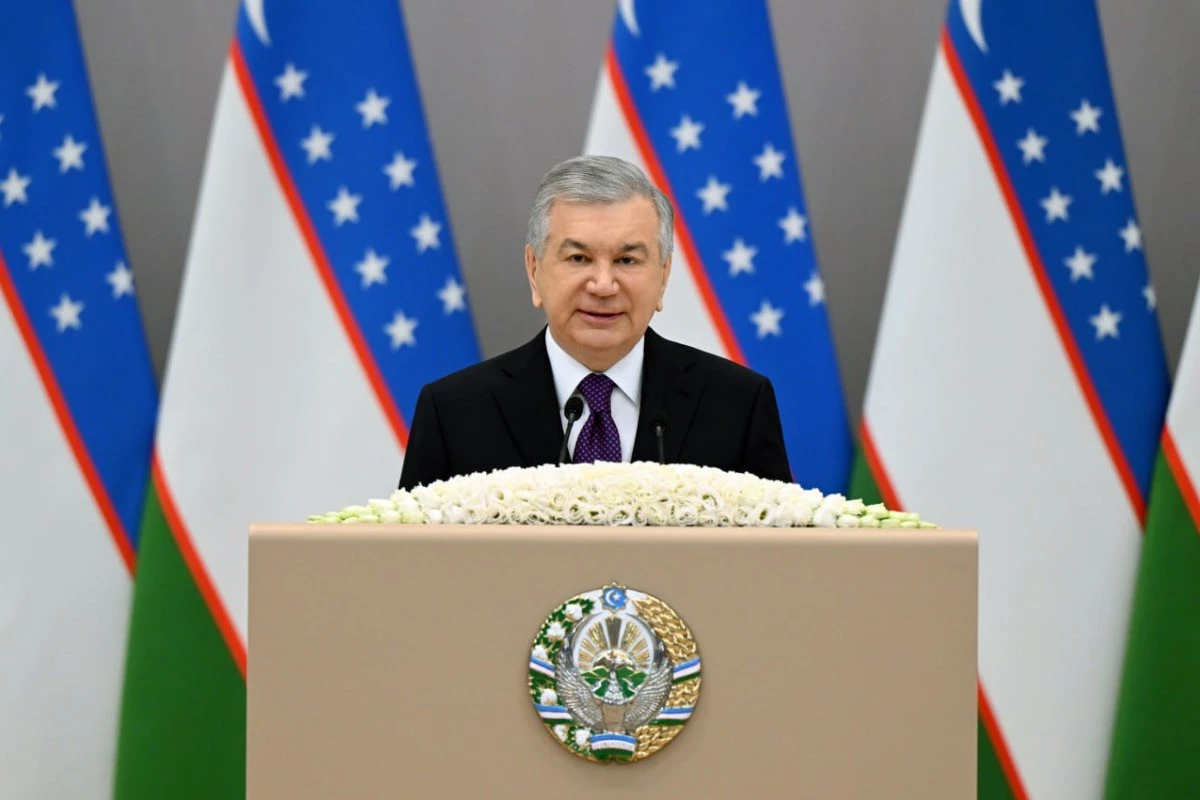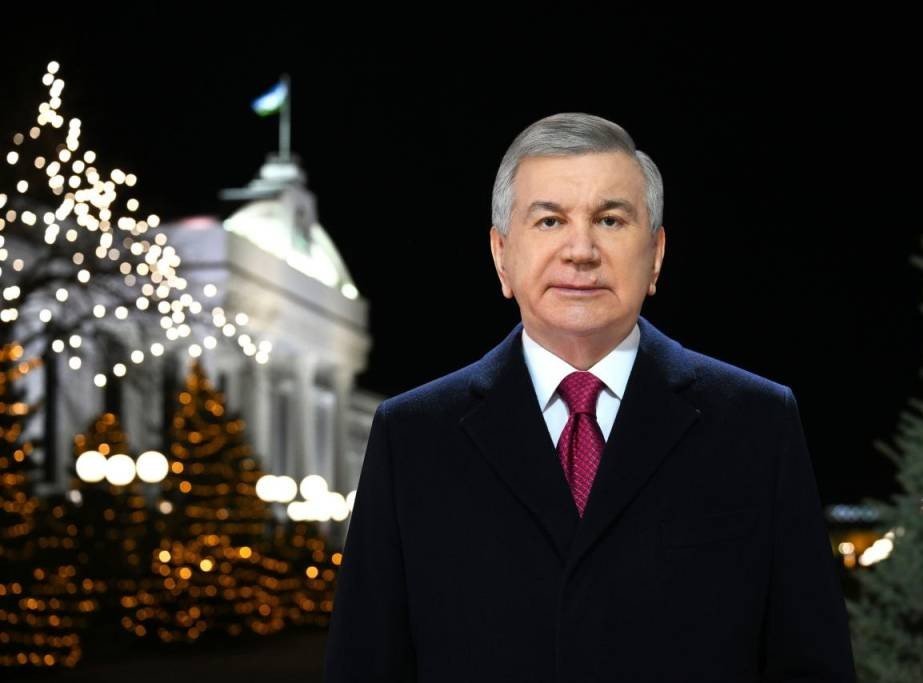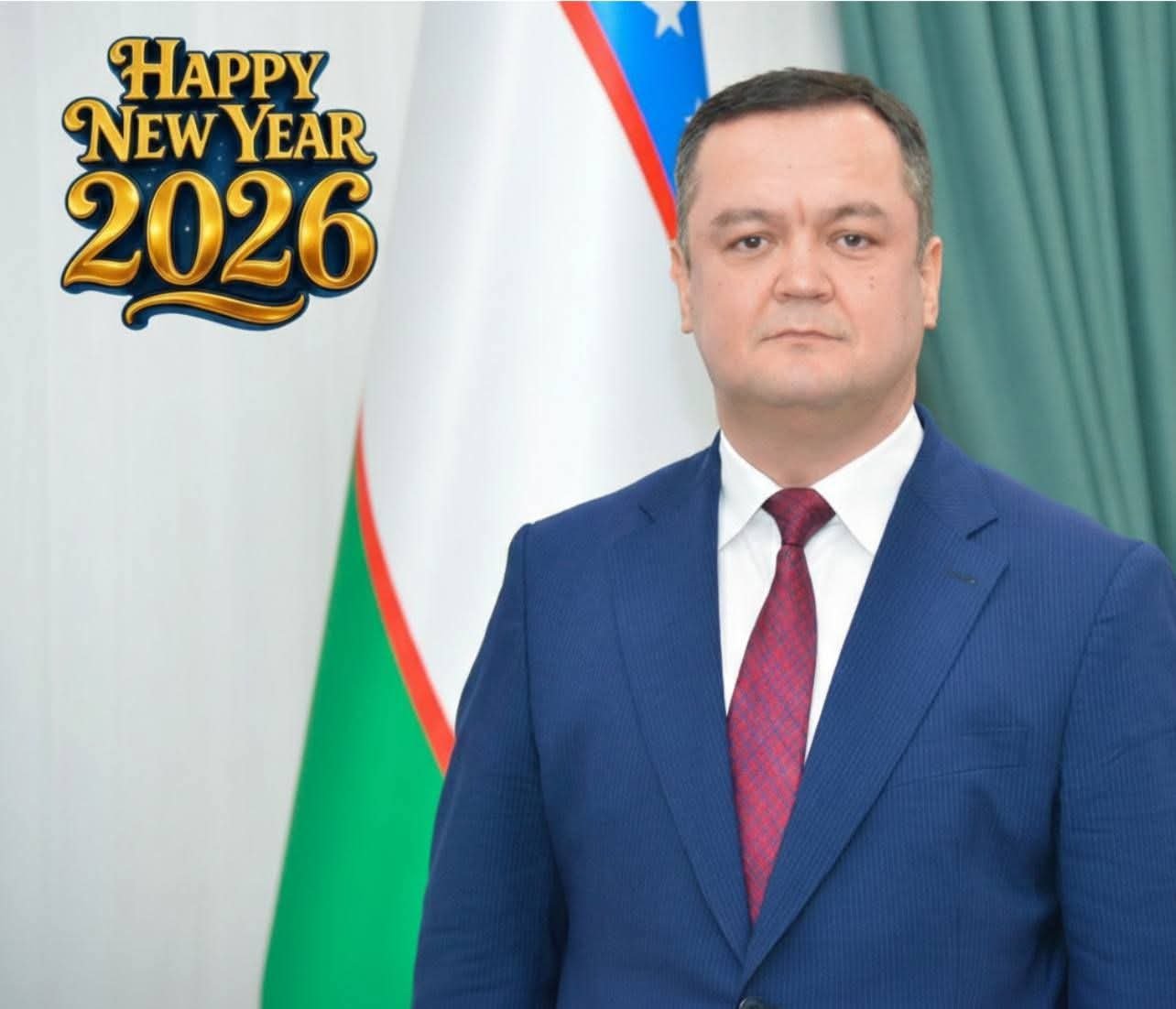Tashkent, May 6, 2025 – The Europe Today: President of the Republic of Uzbekistan Shavkat Mirziyoyev has reviewed and approved a series of proposals aimed at enhancing the targeted training of promising personnel and expanding support for specialist education abroad.
Human capital development remains a strategic priority in Uzbekistan. The government continues to emphasize the importance of educating youth and raising professional standards across all sectors. In this context, the activities of the “El-Yurt Umidi” Foundation have played a vital role. To date, the Foundation has awarded scholarships to 2,225 individuals who are pursuing studies in 45 countries. Over 1.5 trillion Uzbek soums have been allocated from the state budget to support this initiative. Notably, more than 1,400 graduates have returned to Uzbekistan and are now contributing to key sectors including the economy, education, science, healthcare, and public administration. Currently, 748 scholars are enrolled in top-300 globally ranked universities.
To scale up these achievements, the President endorsed a plan to restructure the “El-Yurt Umidi” Foundation and the Academy of Public Administration. These institutions will be reorganized into the “El-Yurt Umidi” Foundation for Training of Promising Personnel under the President of the Republic of Uzbekistan and the Academy of Public Policy and Administration under the President of the Republic of Uzbekistan. Together with the Civil Service Development Agency, they will be integrated into a unified human resource development cluster.
The expanded framework will include bachelor’s, master’s, and doctoral programs, as well as targeted internships of up to six months for civil servants. Priority training areas will encompass energy, urban development, transportation, architecture, geodesy, land relations, engineering, public administration, and other socially significant fields.
Scholarships will be granted without additional examinations to those accepted on a grant basis into universities ranked among the world’s top 100. Students admitted to top-300 universities will receive funding for travel and living expenses. Furthermore, graduates of Presidential Schools who secure at least a 50% scholarship for undergraduate programs at top-20 universities will be eligible for Foundation support without competition.
To better support Uzbek students studying abroad, a Council of Parents of “El-Yurt Umidi” Scholars will be established. Diplomatic missions will be tasked with providing legal and organizational support, ensuring continued academic progress and well-being of scholarship recipients.
The newly established Academy of Public Policy and Administration will play a key role in cultivating next-generation leaders. Programs such as the “School of Hokims”, “School of Women Leaders”, and the “Leaders of the Future” initiative have already trained over 13,000 individuals in the past academic year.
Civil service training will now be delivered across three key formats: professional development, retraining, and master’s degree programs. Medium- and long-term courses will be conducted in partnership with leading international institutions and will align with the recommendations of the Organisation for Economic Co-operation and Development (OECD).
A new master’s curriculum will offer in-depth specializations in “Public Administration”, “Public Policy”, “Integrated Regional Development”, “Human Resource Development”, and “Public Financial Management”, with durations of up to 18 months. Both grant-based and contract-based study options will be available.
To elevate academic standards and research capacity, an International Academic Advisory Council will be established at the Academy. Additionally, four new research centers will be created, including the Center for Applied Research in Public Administration, which will focus on enhancing the efficiency of civil services and applying private sector best practices to public governance.
President Mirziyoyev approved the proposed measures and directed relevant institutions to implement the new system using innovative approaches. He emphasized the importance of continuous talent identification, strengthening staff capacity at the Foundation and the Academy, and ensuring greater engagement of skilled professionals in ongoing reforms.
These efforts mark a significant step in Uzbekistan’s commitment to building a globally competitive and forward-looking public service cadre, rooted in merit, modern education, and international best practices.
